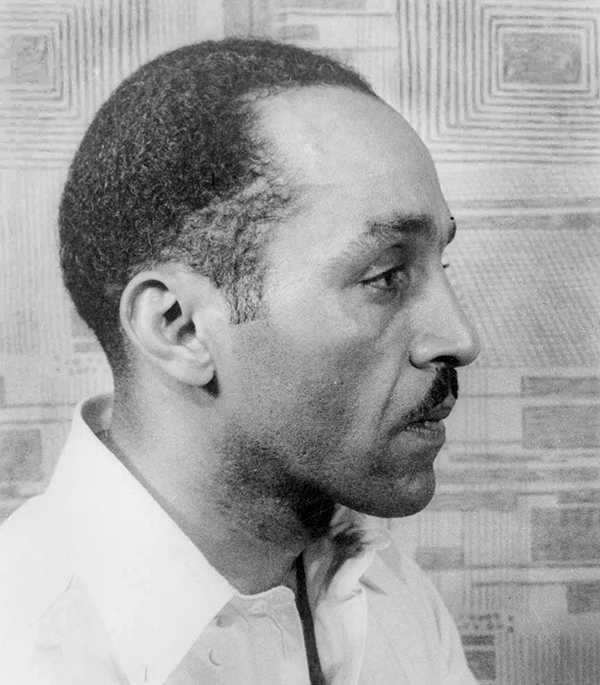Willard Motley
July 14, 1909 – March 4, 1965
Inducted in 2014
Works
Knock on Any Door (1947)
We Fished All Night (1951)
Let No Man Write My Epitaph (1958)
Let Noon Be Fair (1966) published posthumously
July 14, 1909 – March 4, 1965
Inducted in 2014
Knock on Any Door (1947)
We Fished All Night (1951)
Let No Man Write My Epitaph (1958)
Let Noon Be Fair (1966) published posthumously

Live young, die fast and have a good-looking corpse. Nick Romano, in Knock on Any Door.
When Willard Motley graduated from Engelwood High School, he thought he might move to Paris to become a writer, as his older brother had done. He bicycled to New York City, where his mother then lived, and was promptly told to return to Chicago—all the material he needed could be found there as readily as the European capital. The original author of the Bud Billiken columns in The Defender, Motley’s first two novels, Knock On Anybody’s Door and We Fished All Night, did, indeed, make use of his hometown. Knock On Anybody’s Door sold nearly 50,000 copies in its first three weeks and was turned into a film in which protagonist Nick Roman famously utters the line about living fast, dying young and having a beautiful corpse. Motley was criticized in his life for being a black man writing about white characters, a middle-class man writing about the lower class, and a closeted homosexual writing about heterosexual urges. But those more kindly disposed to his work, and there were plenty, admired his grit and heart, and pointed out that, at least in his first novel, Motley did explore homosexual lifestyles. For Motley, who grew up the son of a Pullman Porter at 350 W. 60th Street, and for years lived in a former sweat shop on Halsted, just north of Maxwell Street, Chicago was more complicated than just its racial or sexual tensions, and as a writer his exploration was expansive, even publishing several children’s stories.
Chicago Literary Hall of Fame
Email: Don Evans
4043 N. Ravenswood Ave., #222
Chicago, IL 60613
773.414.2603